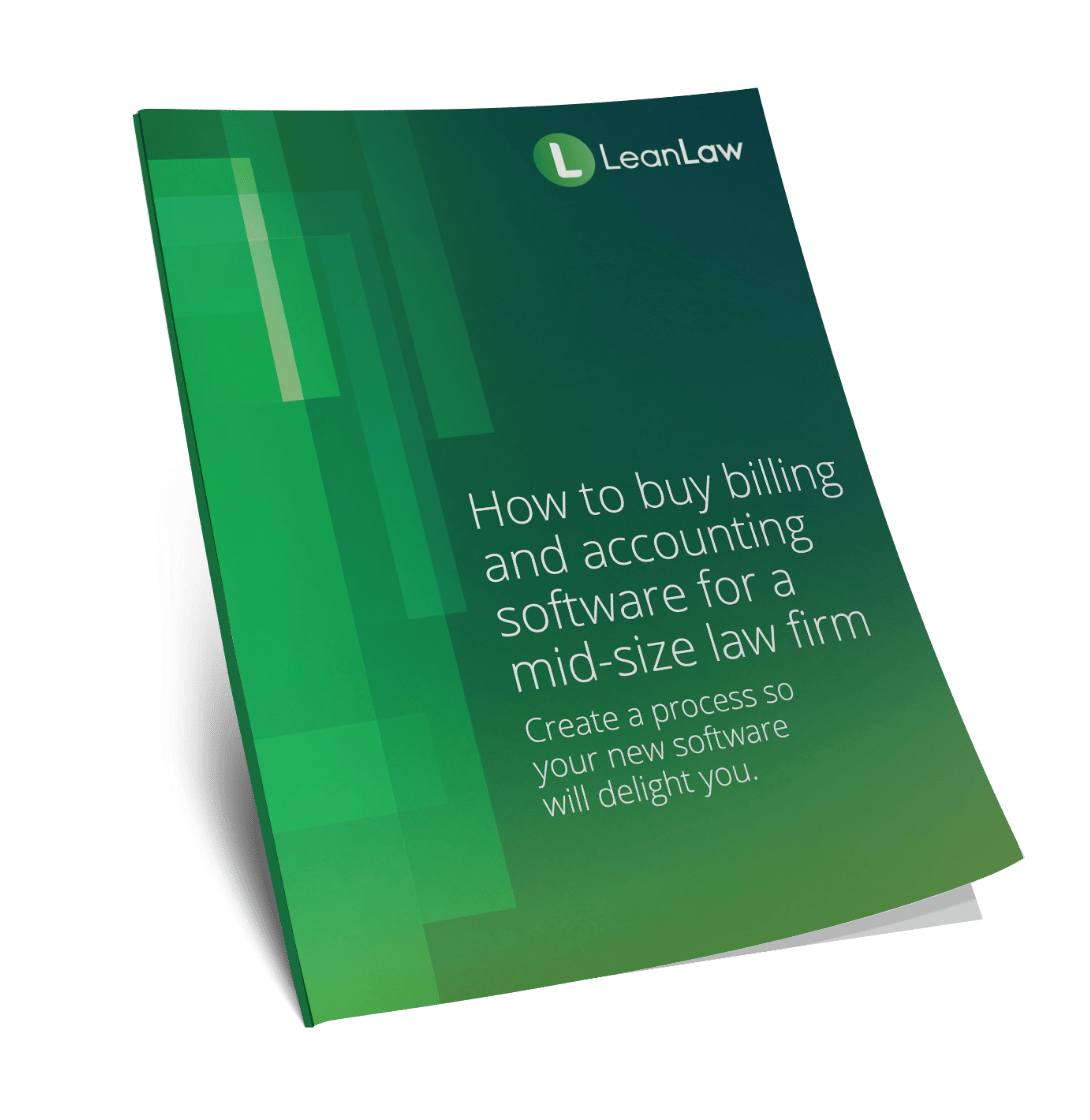
One of the most frustrating and overwhelming parts of being a lawyer is having to deal with all the paperwork.
From managing client invoices and expenses to handling trust accounting tasks, the administrative burden of legal practice management can quickly become a significant challenge.
Not only that, but the endless paperwork combined with the ongoing rules and regulations that govern law practices often leads to errors, mismanagement and eventual burnout among attorneys and their valued legal professional staff.
Having the right tech stack for your firm’s needs is going to change everything.

Key Takeaways
- Law firms have traditionally relied on all-in-one practice management software systems to help organize and manage the majority of their legal matter management needs, but this is no longer the case.
- Creating a customized tech stack for your law practice’s specific needs is the best way to ensure that you are running as efficiently and as effectively as possible.
- Trust account software is a vital part of any firm’s tech stack and it’s important to look for certain features to make sure your finances are easy to manage and always organized and accurate.
Any modern law firm has learned that implementing the right accounting system software into their tech stack is going to go a long way toward increasing efficiency and decreasing errors.
But now it’s become clear that implementing the right accounting system software can also make a big difference in your staff’s overall morale, your ability to easily stay compliant with your jurisdiction’s rules and regulations and your client’s ability to trust you.
This is where LeanLaw billing and accounting software and QuickBooks Online both come into play.
QuickBooks Online offers a powerful financial management solution that can streamline and simplify your law firm’s money matters.
LeanLaw, a legal-specific billing and accounting management software system, is designed to help streamline and automate various aspects of legal operations.

Together, this powerful combination provides law firms with a seamless integration between their financial data and practice management tasks, allowing for efficient and accurate trust accounting while minimizing the administrative burden.
Do you need a little more convincing that QuickBooks and LeanLaw are all you need to handle your trust accounting responsibilities effectively and with ease?
Then, let me help you learn why.
What is QuickBooks Online?
QuickBooks Online is a cloud-based accounting software that was developed by Intuit. It is designed to simplify financial management for businesses of all sizes, including law firms.
That said, QuickBooks has been proven to be best at helping smaller businesses with their financial needs.
In fact, according to a recent article in Forbes, it is now estimated that close to 80 percent of the world’s small businesses use QuickBooks or QuickBooks Online for their financial operational needs.

With QuickBooks Online, law firms can efficiently handle various accounting tasks such as invoicing, expense tracking, bank account reconciliation, operating bank account reporting, management of chart of accounts, and financial reporting.
And, QuickBooks Online offers a user-friendly interface and robust numerous features that enable law firms everywhere to track their income and expenses accurately, manage cash flow, manage their bank accounts, and generate insightful financial reports.

Step-By-Step Process for Attorneys & Law Firmsto Buy Law Firm Software
Understand who needs what and prioritize features as you investigate new software. Download Buyers Guide eBookWhat is LeanLaw?
LeanLaw is a legal practice management software specifically built for law firms.
Designed by and for legal professionals, LeanLaw offers a comprehensive set of tools and features to streamline and automate various aspects of all law firm operations, including time tracking, invoicing, trust accounting, document management, and reporting.
LeanLaw integrates seamlessly with QuickBooks Online, providing law firms with a powerful solution for managing their financials and legal operations in a centralized platform.
The software’s intuitive interface, customizable dashboards, and advanced reporting capabilities make it an invaluable tool for increasing efficiency, improving profitability, and enhancing client service.

What is a Tech Stack?
A tech stack refers to a collection of software, applications, and technologies that are used by a law firm to support and optimize its operations.
It typically includes a combination of hardware, operating systems, databases, programming languages, and various software tools that fulfill different functions within the firm.

In the context of a law firm, a tech stack may consist of practice management software, document management systems, communication tools, accounting software, time tracking applications, and more.
The goal of creating a tech stack is to leverage technology to streamline processes, improve productivity, enhance collaboration, and ultimately deliver better services to clients.
How Can I Create a Perfect Tech Stack for my Law Firm?
Creating a perfect tech stack for your law firm involves careful consideration of your firm’s specific needs, workflows, and goals.

Here are some steps to guide you in creating an effective tech stack:
Assess your firm’s requirements: Identify the key areas of your firm’s operations that can benefit from technology, such as practice management, document management, accounting, specific types of attorney trust accounting, time tracking, and communication.
Research available software solutions: Explore different software options available in the market and evaluate their features, integrations, pricing, and user reviews. Consider the compatibility and integration capabilities with other tools in your stack.

Prioritize integration and compatibility: Look for software that integrates well with each other, especially with your core systems like practice management and accounting. Seamless data transfer and synchronization between tools can save time and minimize errors.
Consider scalability and future growth: Choose software solutions that can scale with your firm’s growth and evolving needs. Look for flexibility in pricing plans, the ability to add or remove users easily, and support for expanding functionalities.
Training and support: Evaluate the training and support resources provided by software vendors. Ensure that there is sufficient documentation, training materials, and responsive customer support to assist you and your team during the implementation and ongoing use of the software.
Test and evaluate: Before fully committing to a software solution, consider starting with a trial or pilot phase to assess its usability and effectiveness within your firm’s context. Solicit feedback from your team and make adjustments as necessary.
If you are willing to carefully select and integrate the right software tools into your tech stack, you will be able to easily streamline workflows, enhance collaboration amongst your team members, improve efficiency, and ultimately drive the success of your law firm.
Why are LeanLaw and QuickBooks Online Both Valuable Tools to Add to a Law Firm’s Tech Stack?
Managing the financial aspects of a law firm is a critical task that requires precision, compliance, and efficiency.
By incorporating LeanLaw and QuickBooks Online into your law firm’s tech stack, you can unlock a powerful combination of tools specifically tailored to meet the unique accounting needs of legal professionals.
From comprehensive legal accounting features to seamless integration and matter based organization, these tools offer a range of strengths that can transform your financial management processes and can revolutionize how you handle your firm’s finances in a number of ways:
Comprehensive legal accounting: LeanLaw and QuickBooks Online offer robust accounting features specifically designed for law firms, ensuring accurate and compliant financial management in every area from trust accounts to operating checking account needs.
Matter-based organization: Both LeanLaw and QuickBooks Online allow law firms to organize their financial data and transactions based on matters or cases, making it easier to track expenses, invoices, and payments associated with specific clients or matters.
Seamless integration: LeanLaw seamlessly integrates with QuickBooks Online, creating a cohesive and efficient workflow between matter management and accounting. With these two accounting systems in play, a firm will never again have to worry about duplicate data entry happening or a trust account not being balanced correctly. This integration ensures that data is synced across both platforms, eliminating the need for manual data entry and reducing the risk of errors.

Time tracking and billing: LeanLaw includes built-in time tracking and billing features, allowing law firms to easily capture and bill for billable hours spent on specific matters. The integration with QuickBooks Online ensures that the time entries seamlessly flow into the accounting system for accurate invoicing and revenue tracking.
Trust accounting management: Both LeanLaw and QuickBooks trust accounting offer robust trust accounting functionality, allowing law firms to effectively manage and track their client funds and their client’s trust balance and make sure that all trust account activity is in compliance with legal and ethical obligations.
Reporting and analytics: QuickBooks Online provides comprehensive financial reporting capabilities and – when combined with LeanLaw’s matter-based data – a law firm can gain much deeper insights into their financial performance. These reports can help with budgeting, forecasting, and making informed business decisions, whether the account being analyzed is a client trust account, a liability account or an operating account for the law firm.

Mobility and accessibility: LeanLaw and QuickBooks Online are both cloud-based solutions, which will obviously enable law firm attorneys and staff to access their financial data securely from anywhere, at any time, using any device with an internet connection. Whether someone needs to find out if a bank account balance is low, if an invoice payment hasn’t been received or if one of the trust accounts is out of balance, all of this can be done from anywhere, as long as the person responsible has both the LeanLaw and the QuickBooks Online app installed on their laptop or mobile device.
Scalability and growth: Both tools are scalable and can accommodate the growing needs of law firms. As the firm expands, LeanLaw and QuickBooks Online can handle increased volumes of financial data and transactions without sacrificing performance or data accuracy. From additional trust accounting or bank account needs, LeanLaw and Quickbooks Online will be able to handle your growth.
By leveraging the combined power of LeanLaw and QuickBooks Online, law firms can streamline their financial operations, improve efficiency, ensure compliance, and gain valuable insights into their financial performance.
These tools enhance the overall tech stack of a law firm, providing a solid foundation for financial management and growth.
Schedule a demo
LeanLaw and QuickBooks: You’re Best Bet for Trust Account and Operating Account Management
From client trust account to operating account management for your law firm, LeanLaw and QuickBooks make a powerful duo that may be just right for you.
LeanLaw provides specialized legal accounting features designed specifically for law firms, such as matter-based accounting and trust account management.
QuickBooks Online is a widely trusted and robust accounting software used by businesses worldwide.
Together, LeanLaw and QuickBooks can help to streamline your financial processes, automate time tracking and invoicing, maintain compliance with trust accounting rules, and provide real-time insights into your firm’s financial health.
By leveraging these two industry-leading tools, you can have peace of mind knowing that your trust accounts and operating accounts are effectively managed, enabling you to focus on serving your clients and growing your law firm.
Are you ready (once-and-for all!) to get your firm’s accounting and billing software needs sorted out?
Do you want to stop having to google phrases like “trust account liabilities,” “reconciling bank accounts,” “managing liability accounts,” and even “lawyers trust accounting” and get back to practicing law the way you always wanted to?
Then reach out to LeanLaw today. We can’t wait to show you how much simpler your accounting life is about to become.



